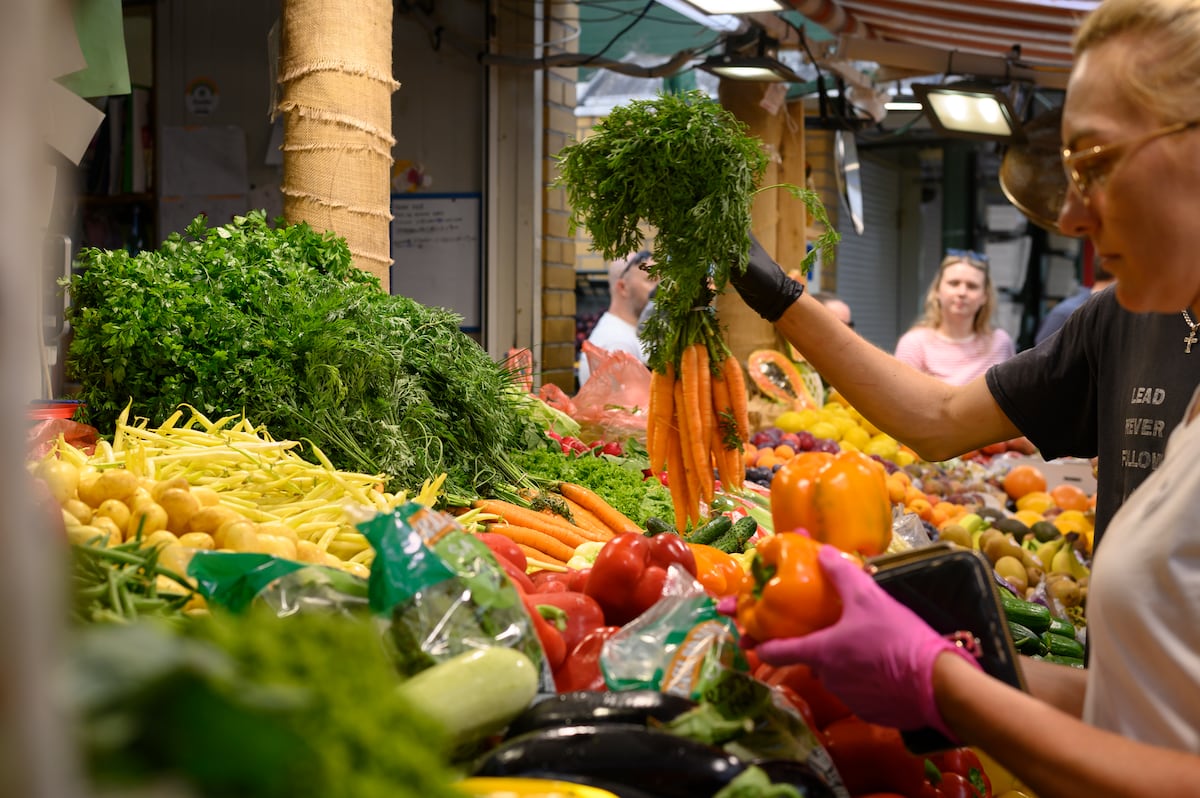
"Since the fall of the Berlin Wall in 1989, Jan Bartek has always believed in his country's potential. That year marked Poland's entry into a fiercely competitive market economy, after more than four decades of isolation under the communist system. We were coming out of a regime as a poor country, so we had a lot to recover, explains this employee, nearing 50, at a car dealership in Warsaw."
"The fastest-growing economy in Europe? Poland's! Polish Prime Minister Donald Tusk said on social media in mid-August, sharing a chart placing his country first in the European Union, with a 0.8% increase in GDP in the second quarter of 2025 compared to the previous quarter and a 3.4% rise compared to the same period last year, according to Poland's Central Statistical Office (GUS)."
"These figures, however, contrast with Eurostat data, which ranks Poland as one of the top five fastest-growing EU countries, with a 3% progression in the second quarter (annualized), double the average of the group of 27 countries that it joined in 2004. With the exception of 2020 and the COVID-19 pandemic-related recession, this Eastern European country has never entered a recession since joining the EU."
Since 1989 Poland transitioned from a communist, isolated economy to a competitive market system, recovering from initial poverty and achieving rapid expansion. Wages and purchasing power have risen substantially, with anecdotal reports of annual 10% salary increases in some sectors. GDP growth has been consistent, avoiding recession since EU accession except during the COVID-19 downturn, and rebounding strongly to 2.9% in 2024 and roughly 3% annualized in Q2 2025. Statistical sources differ slightly on exact rankings, but Poland ranks among the fastest-growing EU economies. Structural resilience, labor dynamics, and policy responses have supported continued growth amid regional uncertainties.
Read at english.elpais.com
Unable to calculate read time
Collection
[
|
...
]